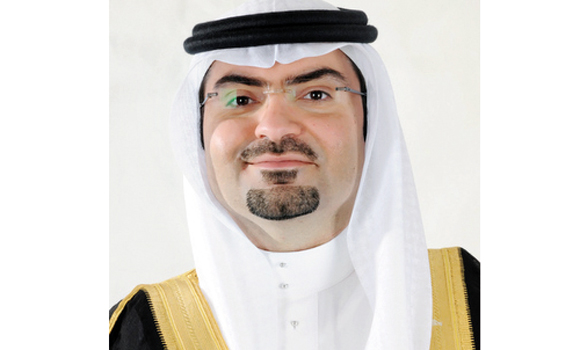
The Supreme Judicial Council (SJC) said the Kingdom needs more judges, despite the appointment of 200 judges annually. The council is planning to recruit and train 2,000 judges to help meet the shortfall.
The current appointments equal about a fifth of the graduates of Shariah and Islamic studies faculties. The council has asked Kingdom's universities to nominate qualified graduates for a judicial career, a local newspaper reported.
The SJC is determined to eliminate the shortage in judges in Saudi Arabia — particularly in the higher judicial segments — and the consequent problem of delayed court appointments.
Courts and judicial centers are also spread unequally across provinces and cities of the country. In Riyadh, there are only 45 judges, which is inadequate to meet the demands of its population.
The SJC is developing the country's judicial system. It has adopted a draft on judicial and academic career accreditation standards. It will inform universities of the output needed in the number of study hours, subjects and supporting skills.
The SJC is also planning to establish an independent and integrated management center for training graduates that will follow up on their performance and submit progress reports.
Yasin Khayyat, chairman of the Lawyers Committee at Jeddah Chamber of Commerce and Industry, said the council would do well to utilize the expertise of faculty members in the judiciary. He said a candidate for a judge’s position would have to be a graduate of Islamic Law (Shariah) or a Fiqh (jurisprudence) major. Khayyat said that it is important to involve law majors and legal specialists in the system, given the new and diverse types of commercial and labor cases.
He said legal specialists could be retrained in terms of Shariah knowledge, “just like Shariah specialists are trained in terms of law.” Currently candidates for judge positions undergo courses at the High Judicial Institute. He said a judge has to be highly qualified, be experienced and have special ethical standard.
Lawyers Committee member and legal consultant Abdullah Niyazi agreed that the judicial system’s cooperation with universities would be beneficial, although he thinks legal specialists’ participation in judiciary will also be an addition and will expand visions. He thinks it is not necessary for a judge to be a Shariah faculty graduate. King Abdulaziz University recently opened a law faculty, saying it could graduate judges, lawyers and prosecutors who have both Shariah and legal knowledge. Niyazi called on other Saudi universities to do the same.
Lawyer and member of the Arab Lawyers Union Ahmad Jamaan Al-Malki said article 6 of the Saudi Judicial System grants the Supreme Judicial Council the authority to appoint judges and issue selection rules for candidates. The system's article 31 stipulates a candidate has to be a holder of a Sharia college degree from Saudi Arabia or an equivalent certificate.
The shortage in judges is the main reason for an increased backlog in cases. Court dates can be set up to five months away.









